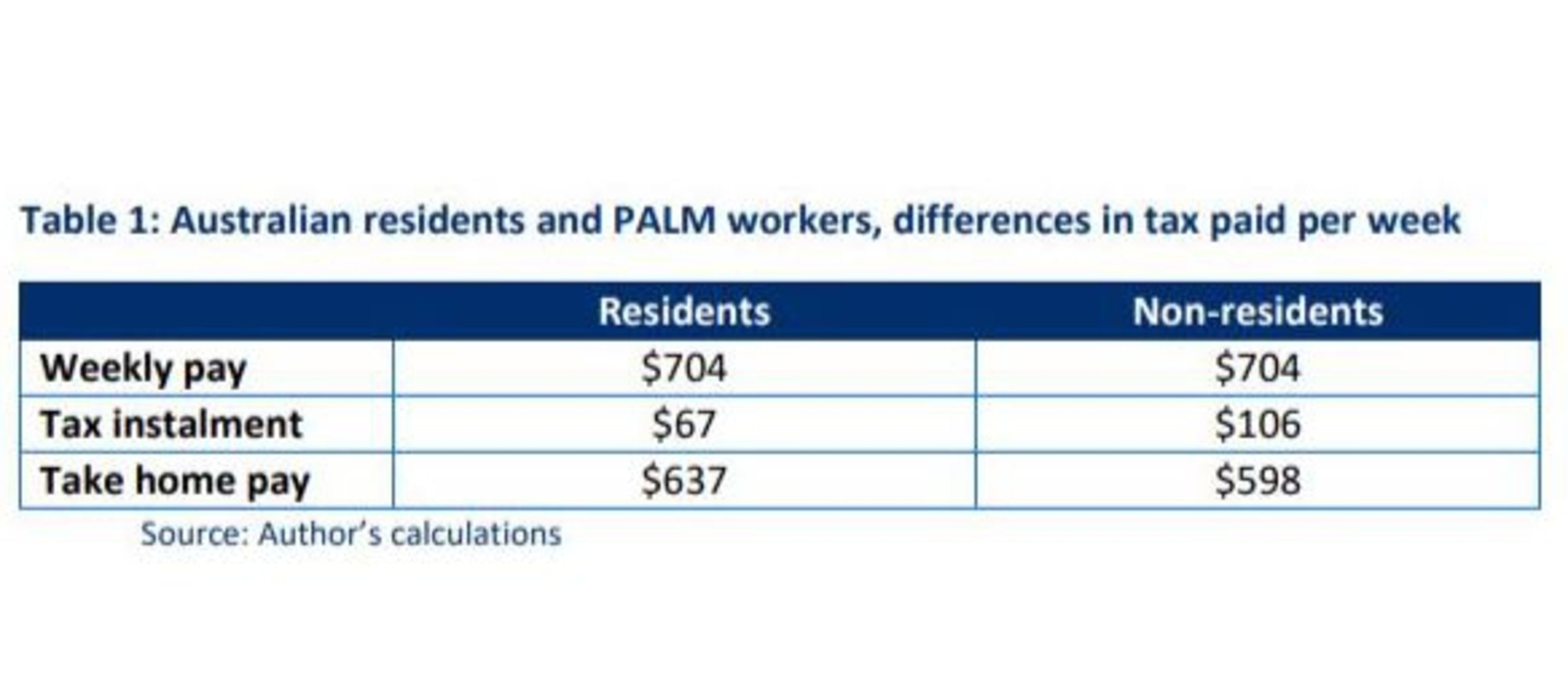Damning report reveals Bundaberg has failed PALM workers
An overhaul of the PALM scheme has been urged yet again after an Australia Institute report highlighted the alleged exploitation of Pacific Islanders in the Bundaberg region, with some so underpaid they must rely on soup kitchens to eat.

Bundaberg
Don't miss out on the headlines from Bundaberg. Followed categories will be added to My News.
A new report from the Immigration Advice and Rights Centre has criticised Australia’s Pacific Australia Labour Mobility (PALM) visa scheme, describing it as a “breeding ground for contemporary forms of slavery”.
Ten countries in the Pacific region participate in the PALM program, where visas are issued for up to nine months for short-term positions and up to four years for long term stints.
Bundaberg PALM scheme worker advocate Geoffrey Smith said this week the program has its roots in Bundaberg’s agricultural and horticultural history.
“They don’t send them by boat anymore,” he said.
“They bring them over by plane.”
Former PALM scheme employee and advocate said the problem was with an overemphasis on profits with no apparent interest in educating participants on the reality of life in Australia under the program.
When attending an induction for prospective workers, the woman found that participants were presented with a fanciful understanding of the Australian way of life and misguided into thinking that the program would be largely beneficial to them.

They also “contribute close to $1 billion a year to the Australian economy in the form of living expenses ($750 million) and tax ($184 million)” the report finds.
Besides high cost of living, PALM workers endure conditions that Morgan Harrington, Research Manager at The Australia Institute said would be“ illegal for other workers”.
Some of the other key findings emphasised the potential exploitative nature of the program, where up until recently, some PALM workers who sought to find new work with better conditions and pay were labelled as absconding from work.
In Bundaberg, some PALM workers have been relying on community services, such as soup kitchens, and found sleeping rough in lieu of acceptable accommodation.
The former PALM worker said she was unsure of who should be held accountable for the failures of the program as they seemed to be far reaching.
She said that the onus should be on the program operators to provide better training, including educating participants on First Nations cultural awareness, Australian social norms, cost of living, medical assistance and Laws of Australia such as road safety, domestic violence and legal rights.
Both Mr Smith and the ex PALM worker agreed that while the program had its faults it should not be shut down in Bundaberg, but a massive overhaul of the system was required.
More Coverage
Originally published as Damning report reveals Bundaberg has failed PALM workers








